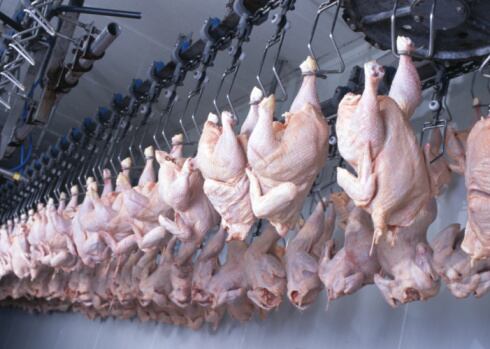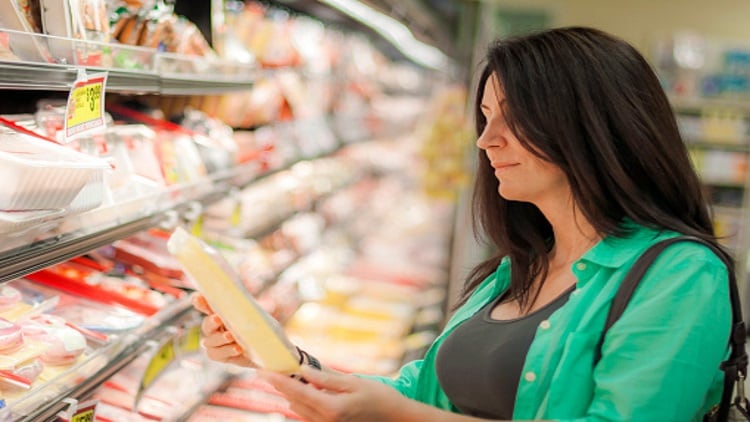The US ambassador to the UK Woody Johnson suggested that US practices such as chlorine-washing chicken and feeding growth hormones to cattle were “the future of farming”, while the EU’s “traditionalist approach” was outdated.
In an article written for The Telegraph, Johnson said: “You have been presented with a false choice. Either stick to EU directives, or find yourselves flooded with American food of the lowest quality. Inflammatory and misleading terms like ‘chlorinated chicken’ and ‘hormone beef’ are deployed to cast American farming in the worst possible light.
“It is time the myths are called out for what they really are: a smear campaign from people with their own protectionist agenda.”
He added that chlorine-washing chicken was the same process as that used by EU farmers on fruit and vegetables.
This came after the US published its objectives for a potential trade pact with the UK.
The US Government called for “comprehensive market access” for its produce to reach the UK which included the removal of “sanitary and physiosanitary” standards on imported goods, including a ban on chlorine-washed chicken and hormone-boosted beef.
‘Insulting’
In response, British Poultry Council chief executive Richard Griffiths said: “We cannot afford to lower our food standards in pursuit of trade deals.
“It is insulting of the US to offer trade products that do not meet our high standards of food production. British food producers don’t dip their chicken carcase in chlorine as we do not believe in ‘cleaning up at the end’ or taking any short-cuts when it comes to producing food to high standards. Using chemicals to disinfect food at the end of a production process can hide a multitude of sins, but what it cannot hide is the need for their use in the first place.”
Griffiths urged the Government to ensure that food standards were maintained post-Brexit.
“We are calling for a Government-wide commitment that production standards of imported food will have to meet British standards as a condition of entry. This would allow for fair competition, healthy trade (which is essential for carcase balance) and ensure food standards that British people can be proud of.
“We mustn’t compete in a race to the bottom or compromise on our high standards of production in pursuit of new trade deals.”
National Farmers’ Union president Minette Batters added: “It is imperative that any future trade deals, including a possible deal with the US, do not allow the imports of food produced to lower standards than those required of British farmers.”
A Downing Street spokeswoman said: "We have always been very clear that we will not lower our food standards as part of a future trading agreement."




